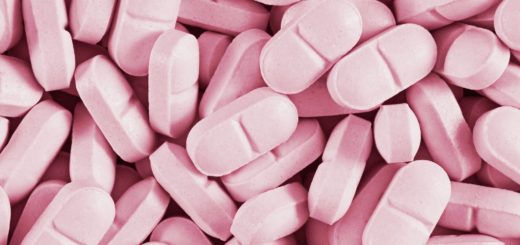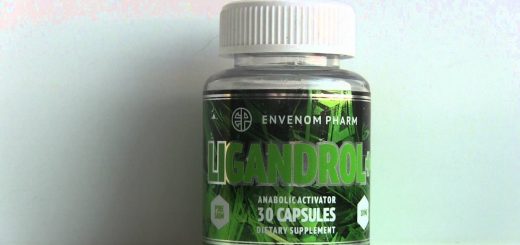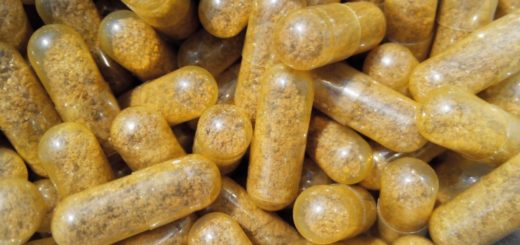Taurine, knowing it a little better, supplement in powder and capsules.
Taurine, surely, to most people comes to mind the name of some energy drink, and it is because of the appearance of this type of drink in the market when the taurine has begun to be better known, but taking this majority of people an inadequate concept about what it is, since it is considered a stimulant, like caffeine, or as something new for our body, but … is it really so? Let’s get to know it a little better.
What is taurine?
Taurine is a non-essential amino acid naturally present in our body. Unlike most amino acids, it is not incorporated into proteins, existing as a free amino acid in animal tissues and being one of the most abundant in parts where there is greater electrical activity, such as the eyes, brain, muscles, heart, central nervous system … Its name comes from the Latin taurus (bull), and was first isolated from bull bile in 1827.

Taurine as a supplementThe taurine can be purchased as a supplement either in capsules or powder, but we can also find it in a variety of foods, both animal and vegetable origin such as seafood and octopus, beef, chicken (especially in the thighs) or pork, hazelnuts, almonds, chickpeas, lentils, brewer’s yeast, dairy … As we can see, taurine is something that is present in our body and that we are constantly providing.
What can taurine supplementation give us?
A deficit of taurine can be harmful to our health, in normal conditions should not be necessary an extra contribution, but in certain cases such as continued practice of sport at a demanding level, the suffering of certain diseases or a diet poor in protein can make this supplement necessary.
- Taurine has properties similar to creatine, as it provides water to the cells of the tissues giving them volume, and also promoting their recovery and development after a training session.
- Like glutamine, it has anti-catabolic properties and promotes muscle development. Associated with other amino acids it stimulates growth hormone.
- It is an inhibiting neurotransmitter and a stabilizer of the cardiac rhythm and of the electrical activity of the nerves, favoring the sleep and the concentration.
- It is important in the development and maintenance of our retina and also in brain development.
- It is an antioxidant and an anti-inflammatory due to its ability to capture pro-oxidant molecules (which cause damage to cells).
- It lowers blood pressure, which can help reduce the risk of cardiovascular problems.
What are the consequences of a low level of taurine in our body?
A low level of taurine in our body can cause disorders in the nervous system, gallstones, cardiomyopathies, neuromuscular disorders as well as in the digestion of fats and retina. We should mention that as we get older, the levels of taurine decrease in our body.
What should we bear in mind when taking a taurine supplement?
As with any supplement, we must take into account some factors. People with liver or kidney disease should not ingest large amounts of amino acids without first consulting a doctor, in the same way that pregnant or breastfeeding women should do, should also do those who take anticoagulants.
Its use is not recommended in the case of people suffering from stomach ulcers.
How much taurine is recommended?
If we decide to take taurine as a supplement, the recommended daily amount is 1,500 mg, divided into 3 doses of 500 mg taken with each meal, in the case of athletes, these doses will be before and after training, and the last before bedtime.
Any excess intake of this supplement will be eliminated through urine.




